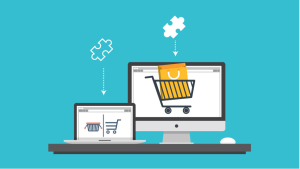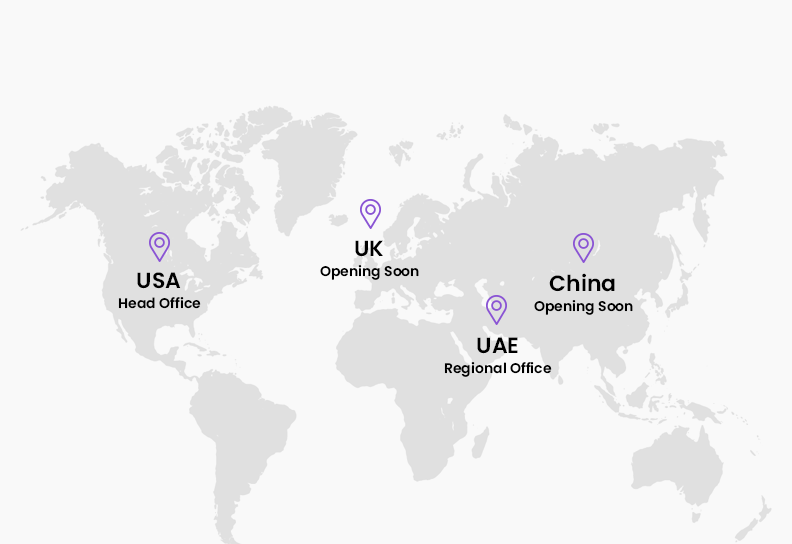As the world becomes increasingly digital, eCommerce website development is becoming a vital part of our daily lives. They offer us the convenience of shopping from anywhere, at any time, and are a great way for businesses to expand their customer base and revenue. But with so many eCommerce features available, it can be challenging for e-commerce stores to stand out from the crowd. That’s why usability is among the most popular eCommerce website features. Let’s dive deeper into some of the most important features for eCommerce websites.
User Experience
The user experience is a critical factor in the success of any e-commerce website. If a user has a positive experience on your website, they are more likely to make a purchase and return in the future. Conversely, if they have a poor experience, they may leave your website and never come back. Usability plays a significant role in the user experience by ensuring that users can easily find what they are looking for and complete transactions without any friction.
Navigation
Navigation is among the most crucial eCommerce features of an e-commerce website’s usability. Users should be able to easily navigate the website to find the products or services they are looking for. A well-designed navigation menu should be simple and intuitive, allowing users to quickly find what they need. A confusing or cluttered navigation menu can lead to frustration and cause users to leave the website.
Search Functionality
The search functionality on an e-commerce website is also essential for usability. Users should be able to quickly search for products by keyword or category. The search results should be relevant and easy to navigate. A search function that returns irrelevant or incomplete results can lead to frustration and cause users to leave the website.
Mobile Optimization
With more and more users accessing the internet through mobile devices, mobile optimization has become a critical element of e-commerce website usability. A mobile-optimized website should have a responsive design that adjusts to the user’s screen size. The website should also load quickly on mobile devices and have a mobile-friendly navigation menu. A website that is not optimized for mobile devices can lead to frustration and cause users to leave the website.
Checkout Process
The checkout process is an essential element of e-commerce website usability and a good eCommerce Platform provides considerable ease with checkouts. Users should be able to complete the checkout process quickly and easily. The checkout process should be intuitive and straightforward, with clear instructions and prompts. A complicated or confusing checkout process can lead to cart abandonment and lost sales.
Visual Design
While the functionality of an e-commerce website is critical, it’s also important to consider the visual design. The visual design can impact the user’s perception of the website’s usability. A clean, modern design can make the website feel more professional and trustworthy. On the other hand, a cluttered or outdated design can make the website feel unprofessional and difficult to use.
Loading Speed
The loading speed of an e-commerce website is another critical factor in its usability. Users expect websites to load quickly, and a slow-loading website can lead to frustration and cause users to leave. Additionally, website loading speed is a ranking factor for search engines like Google. A slow-loading website can hurt the website’s search engine rankings, making it harder for users to find.
Security
Security is another critical element of ecommerce features that enhance a website’s usability. Users need to feel confident that their personal and financial information is safe when making purchases on the website. Ecommerce website maintenance checklists must have secure payment gateways and SSL certificates to ensure that users’ information is encrypted and protected.
Personalization
Personalization is becoming increasingly important in e-commerce website usability. Users expect personalized experiences, with product recommendations and tailored content. E-commerce websites can use data like purchase history and browsing behavior to offer personalized recommendations and experiences to users.
Customer Service
Finally, customer service is an essential element of e-commerce website usability. Users need to feel confident that they can get help when they need it. E-commerce websites should offer multiple ways for users to get in touch, such as email, phone, or live chat. Additionally, e-commerce websites should have clear and comprehensive FAQs and help sections to address common issues.
These are some of the most important ecommerce features that contribute to its success and usability. By prioritizing user experience, navigation, search functionality, mobile optimization, checkout process, visual design, loading speed, security, personalization, and customer service, businesses can create a website that is easy to use, trustworthy, and generates revenue. It’s essential to keep in mind that every business has unique needs, and e-commerce websites should be tailored to the specific needs and preferences of their target audience.









